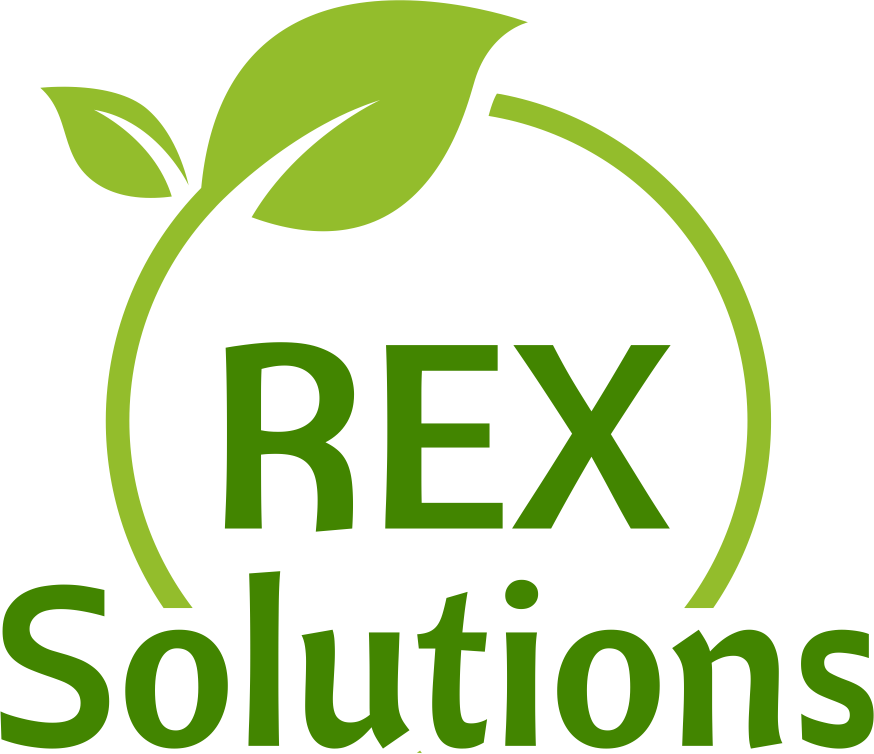In January 2025, the document "Compass for EU Competitiveness" was published, setting a goal to reduce the administrative burden for businesses in the EU by 25%. For small and medium-sized enterprises, this target is set at 35%. The main question I had was whether this would be a real relief or just a cosmetic change.
On February 26, the Omnibus document was released, specifying that this applies to the CSRD (ESG), CSDDD, CBAM, and Taxonomy legislation.
➡ The most significant changes concern the ESG area, specifically companies whose reporting obligations were to take effect from 2026 onwards.
➡ The reporting obligation is to be postponed by two years and will now only apply to companies with more than 1,000 employees and a turnover exceeding EUR 50 million or assets exceeding EUR 25 million.
➡ Additionally, the principle of assessing impact based on double materiality is being simplified, and the chain of companies subject to ESG requirements is being shortened—now covering only direct suppliers. This has a significant impact on emission calculations, as it reduces the number of obligated companies in the chain.
According to a Friday webinar organized by lawyers from FrankBolt, the changes may also affect the EUDR directive. However, the question remains as to when these changes will take effect.
According to Marion Lupin from ECCJ, the European Council and Parliament are expected to proceed at different speeds. The Council could reach its position by summer, but the European Parliament may take significantly longer. Considering the trilogue phase, the entire process is expected to extend until 2026.
At REX Solutions, we continue to communicate with our customers who will be directly affected by these changes and are arranging individual approaches. Regarding our customers in the areas of the RED, ETS, or SUP directives, I have not yet found any indication that these changes will affect these areas, so we continue as usual in these matters.
"Personally, I welcome these proposed changes and am glad they are happening, even though they come late. Companies have already invested millions into ESG, which will now go to waste," says Dalibor Delong from REX Solutions. Regarding future developments, he adds: "I expect the legislation to become chaotic when something comes into force only to be revoked soon after. However, better late than never. And when it comes to reducing the administrative burden, which impacts the environment—especially in the case of the ETS II system—simple changes with significant effects can be made."



